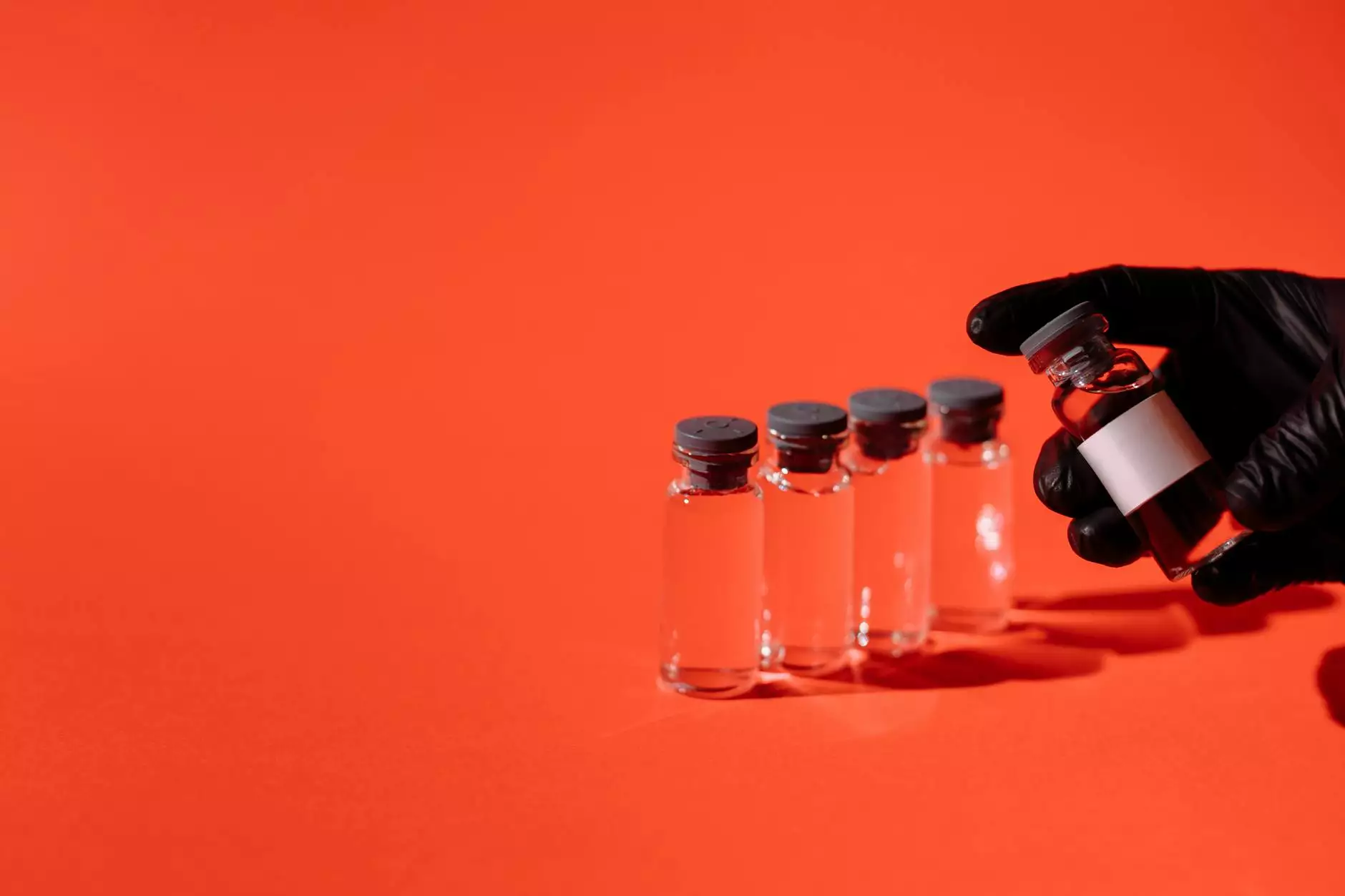Understanding Horse Medication: A Comprehensive Guide

Horse medication is a vital aspect of equine health care that every horse owner should understand. Proper treatment and preventive measures can ensure the well-being of your horse, enabling them to thrive in their environment. This article delves into various facets of horse medication, from essential treatments to preventative care, ensuring that you are well-informed of the practices that contribute to the longevity and health of your beloved steed.
Importance of Horse Medication
Just like humans, horses are susceptible to a variety of illnesses and ailments. Horse medication plays a crucial role in diagnosing, treating, and preventing diseases. Understanding the significance of proper medication can help in:
- Enhancing Performance: Healthy horses are more likely to perform well in competitive settings.
- Preventing Disease: Regular medication helps maintain a strong immune system.
- Improving Quality of Life: Medications can alleviate pain and discomfort, leading to a happier horse.
- Extending Lifespan: Appropriate treatments can prevent chronic health issues that shorten a horse's life.
Types of Horse Medication
The world of horse medication is vast, encompassing various categories depending on the needs of your horse. Here are the primary types of medications you might encounter:
1. Antimicrobial Medications
Antimicrobial medications are essential for treating infections caused by bacteria, viruses, or fungi. Some common antimicrobials used in horse medication include:
- Antibiotics: Such as penicillin and tetracycline.
- Antifungals: To treat fungal infections.
- Antivirals: Used to combat viral infections but less common.
2. Anti-Inflammatory Drugs
Injuries and chronic conditions often lead to inflammation, which can be painful for horses. Anti-inflammatory medications, both non-steroidal and steroidal, are frequently used to manage pain and improve mobility. Common drugs include:
- Phenylbutazone: Known as "bute," widely used in equine practice.
- Flunixin Meglumine: Provides effective pain relief and anti-inflammatory benefits.
3. Worming Medications
Equine parasites can severely impact your horse's health. Regular deworming schedules are essential, with medications such as:
- Ivermectin: Effective against a variety of internal and external parasites.
- Moxidectin: Another potent dewormer that targets various parasites.
4. Vaccinations
Vaccinations are a crucial component of preventive care in horse medication. They protect your horse from infectious diseases like:
- Equine Influenza: A viral infection that can spread quickly in groups.
- Tetanus: A potentially fatal disease often preventable through vaccination.
- Eastern and Western Equine Encephalomyelitis: Also known as sleeping sickness, these vaccinations are vital for horses in certain areas.
Administering Horse Medication
Administering horse medication requires knowledge and care. Here are some important tips to ensure the safety and effectiveness of the medication:
Dosage and Timing
Always follow the veterinarian’s instructions regarding dosage and timing. Overdosing can be dangerous, while underdosing may not provide effective treatment. Here are some general guidelines:
- Weight Assessment: Ensure accurate horse weight measurement to calculate the correct dosage.
- Consistency: Administer medications at the same time each day for best results.
Administration Routes
Medications for horses can be administered in several ways:
- Oral: Through pastes, powders, or liquids. Use a syringe for easy administration.
- Injectable: Subcutaneous or intramuscular injections may be necessary for certain medications.
- Topical: For localized treatments, such as ointments for skin conditions.
Preventive Care in Horse Medication
Horse medication is not only about treatment. Preventive care is equally important and involves maintaining a regular health management schedule that includes:
1. Regular Health Checkups
Routine veterinary visits are crucial for early disease detection. These visits typically include:
- Physical examination
- Vaccination updates
- Dental checkups
2. Nutrition Management
A balanced diet is fundamental to maintaining your horse's health. Nutritional needs may change based on:
- Age
- Activity Level
- Health Status
3. Hoof Care
Regular hoof care is essential to prevent lameness and infections. Involves:
- Regular trimming and shoeing
- Daily cleaning to remove debris and dirt
- Monitoring for any signs of hoof diseases
Special Considerations for Older Horses
Older horses often require specific management when it comes to horse medication. Chronic conditions such as arthritis, metabolic syndrome, and dental issues are common in senior horses, necessitating:
- Regular veterinary checkups: To manage ongoing health concerns.
- Customized nutrition plans: Meeting the needs of aging horses can enhance their quality of life.
- Behavior Monitoring: Changes in behavior may indicate discomfort; pay attention to any signs of pain or illness.
Potential Side Effects of Horse Medication
While medications are crucial for health management, they can also have side effects. Being aware of these can help you act quickly if issues arise, including:
- Gastrointestinal Problems: Some anti-inflammatories may lead to colic.
- Allergic Reactions: Signs like swelling, itching, or difficulty breathing require immediate veterinary attention.
- Nervous System Effects: Some medications may cause drowsiness or excitability.
Conclusion
In conclusion, knowledge about horse medication is multifaceted and essential for every horse owner. By understanding the types of medications available, how to administer them, and the importance of preventive care, you can significantly contribute to the health and happiness of your horse. Always consult with a veterinarian before starting any medication to ensure it is appropriate for your horse’s specific health needs.
The insights discussed in this guide are designed to empower you with the knowledge to make informed decisions regarding equine health care. For more information on effective horse medication options and professional veterinary care, explore our resources at enongvetmedication.com.









